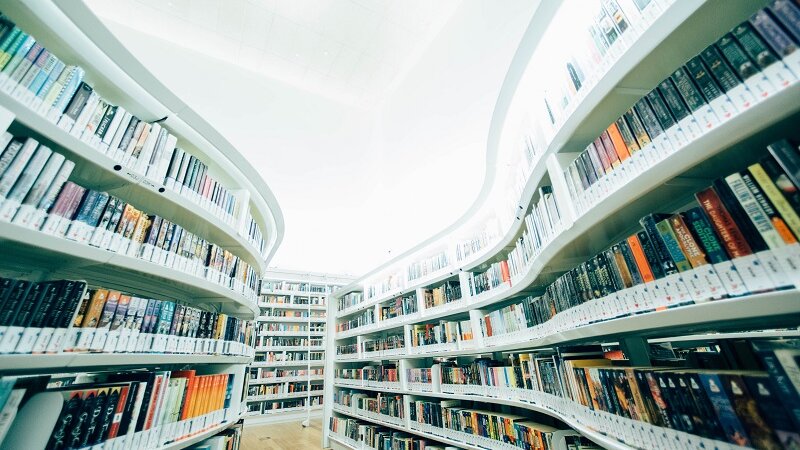Exploring Setting
Episode #4 of the course Studying English literature: Excel in the study of novels, poems, plays, and more by K.C. Finn
The time and place of a story can immerse us in its atmosphere and transport us to a different reality, and authors have many excellent methods for creating their stunning settings. In the very best works of literature, the settings also serve to enhance the emotional mood and atmosphere of the action taking place, as well as telling us much about the story and characters whom we are about to encounter.
In this lesson, we’ll split the exploration of setting into two distinct areas that cover most of the literature you’re likely to encounter, then reconnect these ideas with a compare and contrast activity.
Recreation of the Familiar
Whether it’s contemporary or historical fiction, stories set in the real world need to take their inspiration from real places and pay close attention to detail as they do so. When analyzing a realistic work of literature, it’s important that we look for sensory cues intended to immerse us in the story, but which also tell us something about our surroundings. These could be tastes, smells, sights, sounds, and the feel of the world, utilizing the five senses of our characters to bring us the feel of the place that we’re in. This is especially important to capture the very different ways of living in historical fiction, but it’s surprisingly important to contemporary fiction too, and you may find that a novel feels bland without it.
Building a Whole New World
In some ways, it may sound easier to make up a whole new universe from scratch rather than do a lot of realistic research, but the art of worldbuilding is actually a really tall order. For authors crafting their own worlds, the settings must incorporate enough familiarity that their audience can understand how the society and culture works, but also be noticeably different and inventive for readers to discover new things as they explore. When analyzing these works, it’s important to think about how much we’re able to learn about the new world, and how naturally the author works this information into narration and dialogue, without the need for a gigantic explanatory paragraph that slows down the action of the plot.
Activity
For this activity, it’s important to take two very different tales set in very different worlds. Find yourself a section of a realistic story or novel, then take a similar length of text from a speculative work such as a science fiction, futuristic, or fantasy tale. Work through both sections of text and highlight areas where the author describes elements of the world around them, whether it be laws and customs, physical landmarks, interiors, and furniture, or cultural elements.
Working from just the highlighted sections, see if you can identify elements that relate to the following areas:
• related to the character (personal possessions, cultural identifiers, etc.)
• related to the atmosphere (weather and climate for mood, colors, scents, etc.)
• related to the plot (political structures, rules, and regulations, obstacles to victory, etc.)
Compare the results from these very different stories, and see what similarities and/or differences you find. This will help you to explore how authors of different genres use their settings to create these effects.
Reflection
In the grand scheme of literature and storytelling, setting often seems like a forgotten element when we’re immersed in the lives of the characters and the actions that they follow in their plot, but can you imagine a story without its backdrop and context? Learning to think critically and notice the subtleties of a great setting can really enhance your attention to detail, which will be sure to impress when you’re writing or talking about literature with your peers.
The next session explores how we can analyze and study plot, and its impact on great literature. For without a plot, what would any story truly be?
Until then,
K.C.
Recommended reading
For a more detailed definition of setting and all it can contain in the world of literature, you could check out Literary Terms. There’s also plenty of other lingo to pick up there, it’s a fantastic resource for any analytical mind.
Share with friends

